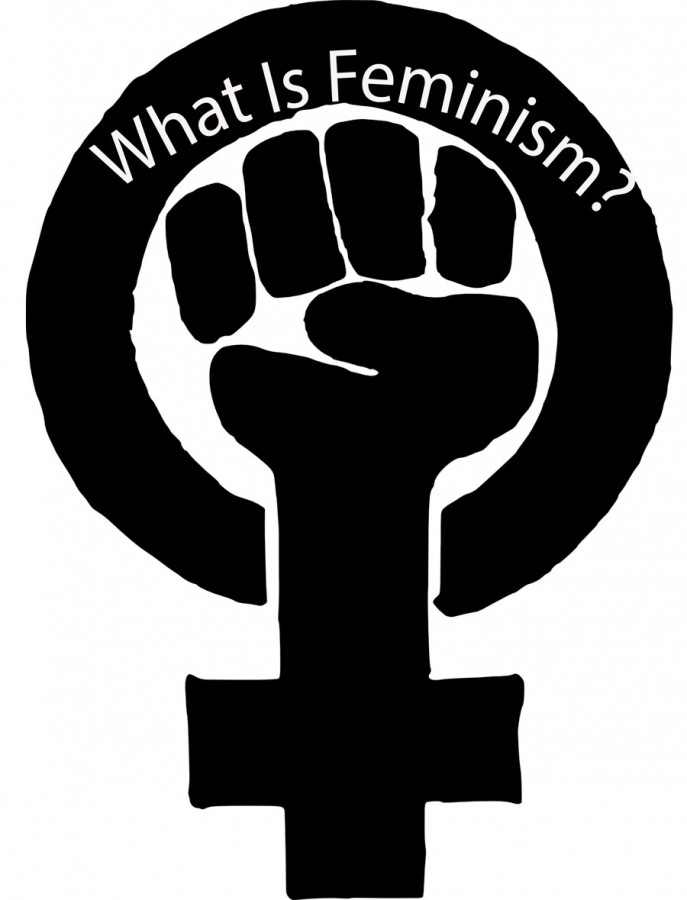What is Feminism?
Feminism is one of the most heavily debated topics across the world. But, what does the word feminism really mean?
Bra burning. Man-hating. Ugly, angry women.
Stereotypes like those listed above make feminism seem like a dirty word: a controversial topic that has had the nation buzzing for decades. Every day, people around the world, but more specifically women, are not given equal opportunities as others, particularly white, heterosexual males. It is now almost 2015 and the controversy is ongoing.
Feminism is for the equality of the sexes, not female empowerment. There are many people who believe that feminism is “man hating,” but it is not. There are also many people who hate the word “feminism” but what is important is the meaning behind the word, not the word itself.
“Feminism? Equal Rights? Why are we even still talking about these issues in the year 2014? It is unconscionable that we need to have people—not just women—fight for equality for half the population of the world. My question to everyone is ‘why aren’t you a feminist?’ It means believing in equality of opportunities for all people. Who would be against that?” said English department chair DeeAnn Andershock.
“The number one thing that people need to realize about feminism is that being a feminist doesn’t mean that you have to burn bras and hate men. It is really about being treated equally for any opinions you may have,” said senior Lauren Novick.
In order to achieve equality of the sexes, there needs to be more of an effort from men, not only females. Men need to be in full support that all genders should be equal. To help achieve this, actress Emma Watson has introduced the United Nation’s new initiative, “He For She,” which promotes men to be in support of women to achieve equality for all.
“If we stop defining each other by what we are not and start defining ourselves by who we are, we can all be freer and this is what ‘He for She’ is about,” Watson said in her UN address. “It’s about freedom.”
We, as a country, have come a long way in the fight for gender equality, even though we are not quite “there” yet.
Why hasn’t anything seemingly changed?
The truth of the matter is some things have changed, but not nearly enough.
“Although we aren’t persecuting women for being individuals, I think we are still far away from an equal society because of patriarchal culture so many of us were raised under,” said Novick.
To some, the role of a feminist is seemed to be taken too far. But is there really a point where this can be considered too far?
“Women are not yet equal in this country, and frankly, it’s appalling, embarrassing and shameful. You ask if I think feminism is taken too far—how? How would that be possible?” said Andershock.
The next step for achieving gender equality is, “to stop using different words for men and women. Like if a man takes authority, he is a leader. But if a woman does the same, she is seen as abrasive or bossy. Likewise, men are expected to be strong and when they show natural emotions they are seen as weak,” said Novick. “If we stop associating words with certain genders, we can slowly break the normalities of degrading one gender.”




